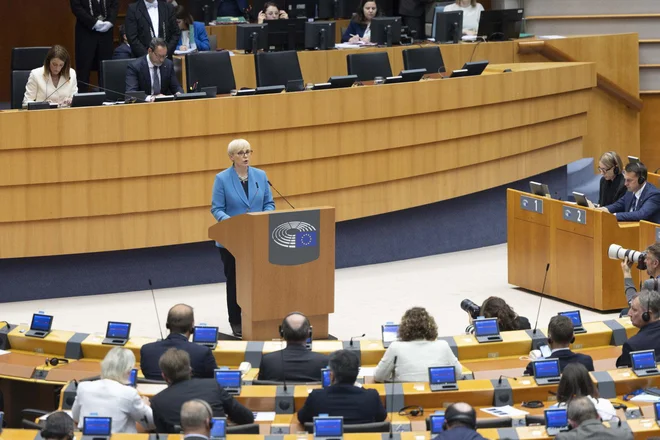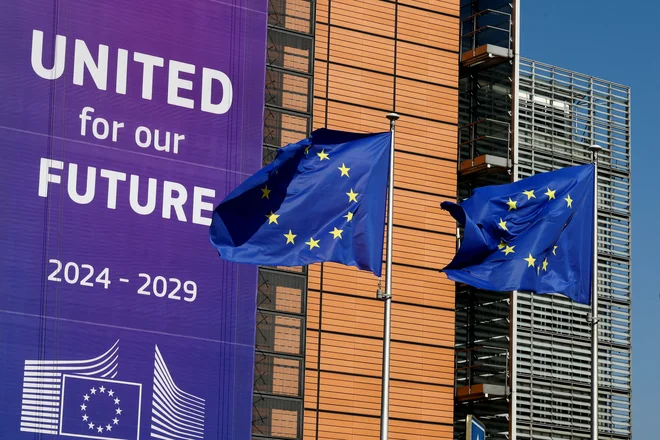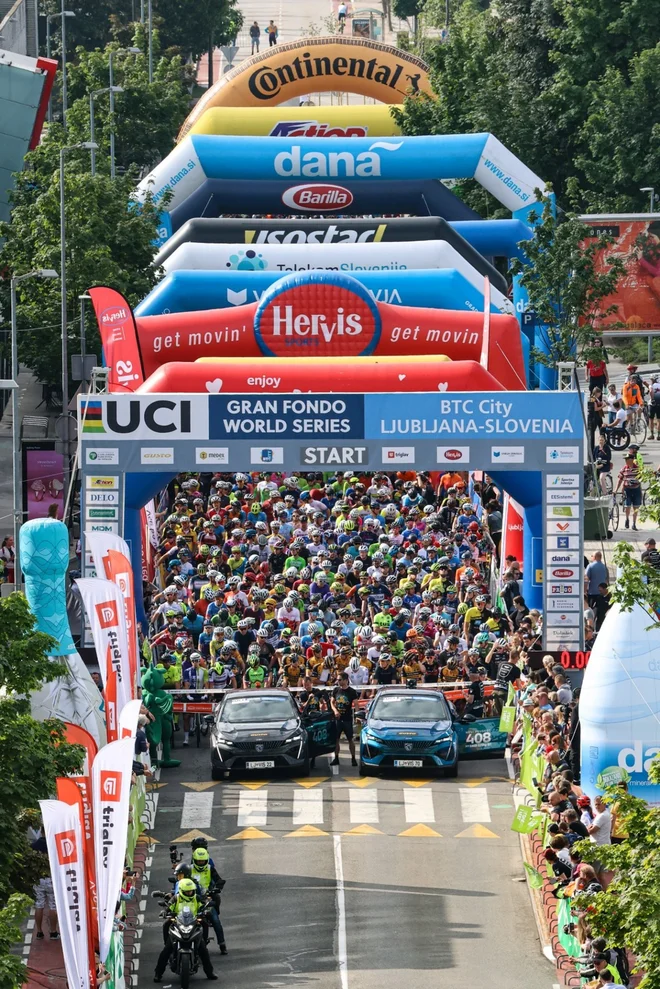Legendary clubs are closing, Tesla and Zalanda in the center
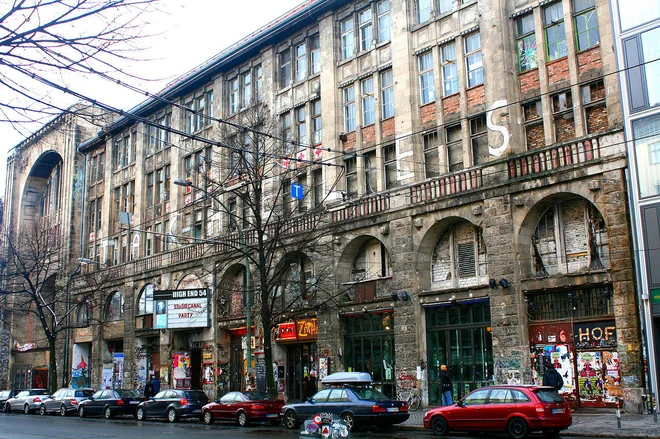
Bohemian community in Berlin It still regrets the loss of the Art House Tacheles building, which was outwardly adorned with huge, colorful graffiti frescoes, and in the interior exhibited many contemporary works of art, had studios and organized workshops, and it housed a nightclub and cinema. Simply put, she was an epicenter of an alternative art and cultural scene in Berlin.
From 1990 to 2012 it provided shelter to many art collectives. It was originally named Friedrichstraßenpassage. It was built in 1907-1908 as a department store opposite the synagogue. During World War II, she served as a Nazi prison for a short time. After the fall of the Berlin Wall in 1989, it was occupied by artists and named Tacheles, which means « straight to speak » in Jidish.
Art House Tacheles closed his doors in 2012. Photo: Wikimedia Commons
In 2012, the building was sold to a new York investor, which he renovated and transformed into apartments, offices, shops, supermarket and the Swedish photography museum. The bohemians felt released. Oliver Putzbacha native who has lived nearby for many years is for Reuters described the transformation as a symbol of a broader transformation of Berlin. Putzbach, who performed with his band Beat Organization in Tacheles three times a week, said: « Berlin sold his soul. » According to him, the building now looks like a typical train station or shopping center, far from a former multicultural village.
“Everything has become expensive, it is almost impossible to get an apartment, and those available are extremely expensive. I have been living in my apartment for ten years – the rent was at first $ 500 a month, but now the same 53 square meter space costs a thousand euros, ”for Work says the Slovenian woman Melisa Jokicwho has lived in Berlin for ten years. But the truth is, he says that there are not too few apartments – many of them remain empty because the owners simply do not rent them.
“When we were looking for an apartment, we had to pay a real estate agency $ 3,000 in commission to get it at all. The procedure was clear: they send you an offer, you submit your paysheets and other documents, if you like the apartment, they show you and say, ‘OK, you have to pay $ 3,000.’ That was three years ago – today the amount is already $ 6,000. «
The cultural scene is also changing – the clubs that have worked for many years are closing. « Watergate has closed the door as the owners have raised rent every year, and they will demolish the Renate Club every year, and housing facilities will be built in its place, » says the interviewee.
Germany stagnates, Berlin grows
The city, which, with low rents and abandoned buildings, once attracted young artists, is now too expensive for them. Rents in Berlin have increased faster than in the rest of Germany, increasing by about 32 percent since 2021, which is well above the national average of 20 percent.
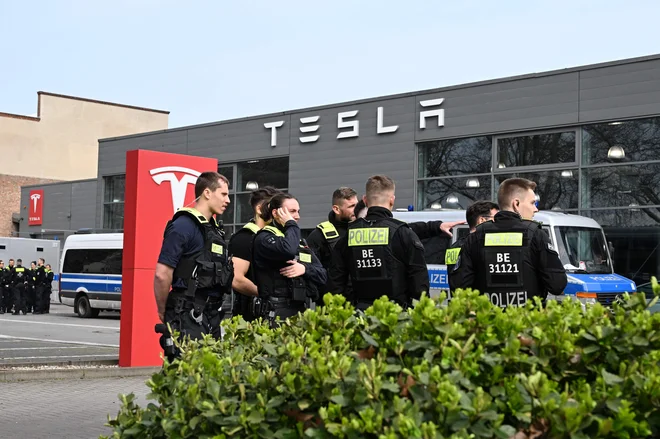
Tesla built a large factory near Berlin. Photo: Photo Ralf Hirschberger/AFP
Berlin, who was once known as « poor but sexy, » writes Reutershas become an economic, investment and startup center in the decade. While the German economy has experienced stagnation in recent years, Berlin has recorded growth. In 2022, the Berlin economy grew by 0.8 percent, while the national economy has been declining for the second year in a row. Economic success is accused, but many longtime residents are afraid that the city is losing its cult charm. “People are no longer open, they no longer hang out. It is no longer safe, as it was, ”says our interlocutor.
In the last decade, Berlin has become the capital of start -up companies, and about 500 new ones are being created every year. Among the most prominent are online retailers Zalando and Fintech Company (financial and technology company) N-26. In the vicinity of the city, Tesla opened a huge factory. The opening of the new 2020 airport brought thousands of new jobs, many of them filled by immigrants. Despite the economic success, Berlin is still far behind traditional business centers in the western and southern parts of Germany. The unemployment rate in the city is 9.7 percent, which is well above the national average, which is six percent. The average monthly earnings in Berlin, which amount to $ 4634, are still lower than in cities such as Munich, Hamburg, Stuttgart or Frankfurt.
Food and drink prices have also increased, causing even calls for the introduction of a price limit for Doner Kebab. « Food prices were wild, certainly by 30 percent in a few years, » our interviewee concludes.

